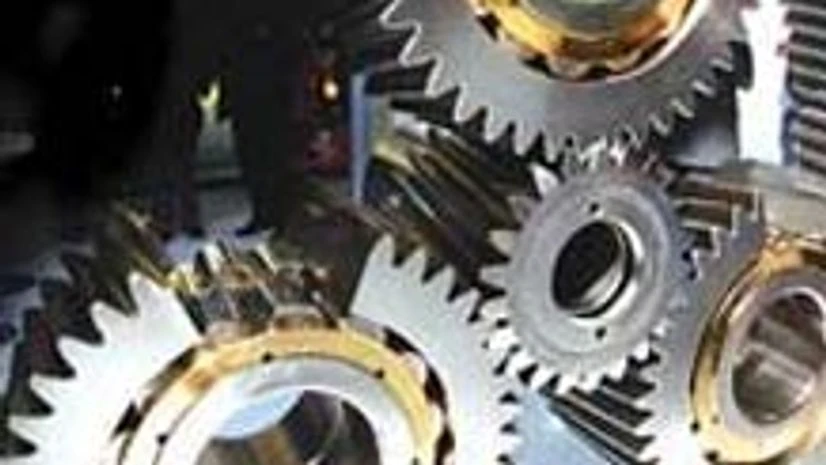The Economic Survey 2012-13, which was tabled on Tuesday in the state assembly, also indicates towards growing disparity in Bihar. However, the state government maintains the survey narrates the impressive trajectory of Bihar's economy and the impact of the development strategies of the present government on the people. "Despite global slowdown and sagging domestic demand, the state has recorded an annual growth rate of 11.95 percent during 11th plan period. This is not only highest compared to previous decades, but also the highest among all the states," Deputy Chief Minister Sushil Kumar Modi, who also holds the finance portfolio, told reporters after tabling the survey.
In spite of a double digit growth rate, the state still has one of the lowest per capita incomes in the country. "The per capita income (at current price) of Bihar is Rs 25,663 as against Rs 60,972 for all India. The ratio of per capita income in Bihar and India now stands at 42.1 percent, which was 32.4 percent in 2007-08. We are trying very hard to close the gap between state and national average," Modi said. The problem of low per capita income is accentuated by considerable disparity across districts in terms of their per capita incomes. The economic survey indicates that while Patna (Rs 55,539) is more prosperous than many cosmopolitan cities of the country, districts like Sheohar (Rs 5,522), Madhepura (Rs 7,161) and Supaul (Rs 7,213) continue to remain at bottom.
The growth of the state has largely been fueled by the overwhelming growth in constructions, communications, trade-hotels-restaurants and banking and insurance sectors. Each of these sectors grew by more than 15 percent in the state during the last plan period. The construction sector grew with a speed of 21.9 percent during 2007-12, whereas the communication segment registered a staggering growth rate of 38.4 percent in this period. Banking-insurance sector clocked a growth rate of 23.5 percent in the last plan period, while Trade-Hotels-Restaurants grew by 15.1 percent. On the other hand, agriculture and allied activities grew by 5.9 percent, which was almost double of the achievements of the 10th plan period.
The registered manufacturing grew by 18.2 percent, where as unregistered manufacturing grew by mere 2.7 percent during 2007-12.
The economic survey also indicates towards state's dependency on central funds, which forms almost two thirds of its expenditure.
"We are one of the poorest states in the country. This is why we need more central funds for development. However, we also are trying to grow our own tax revenues," said Modi.

)
